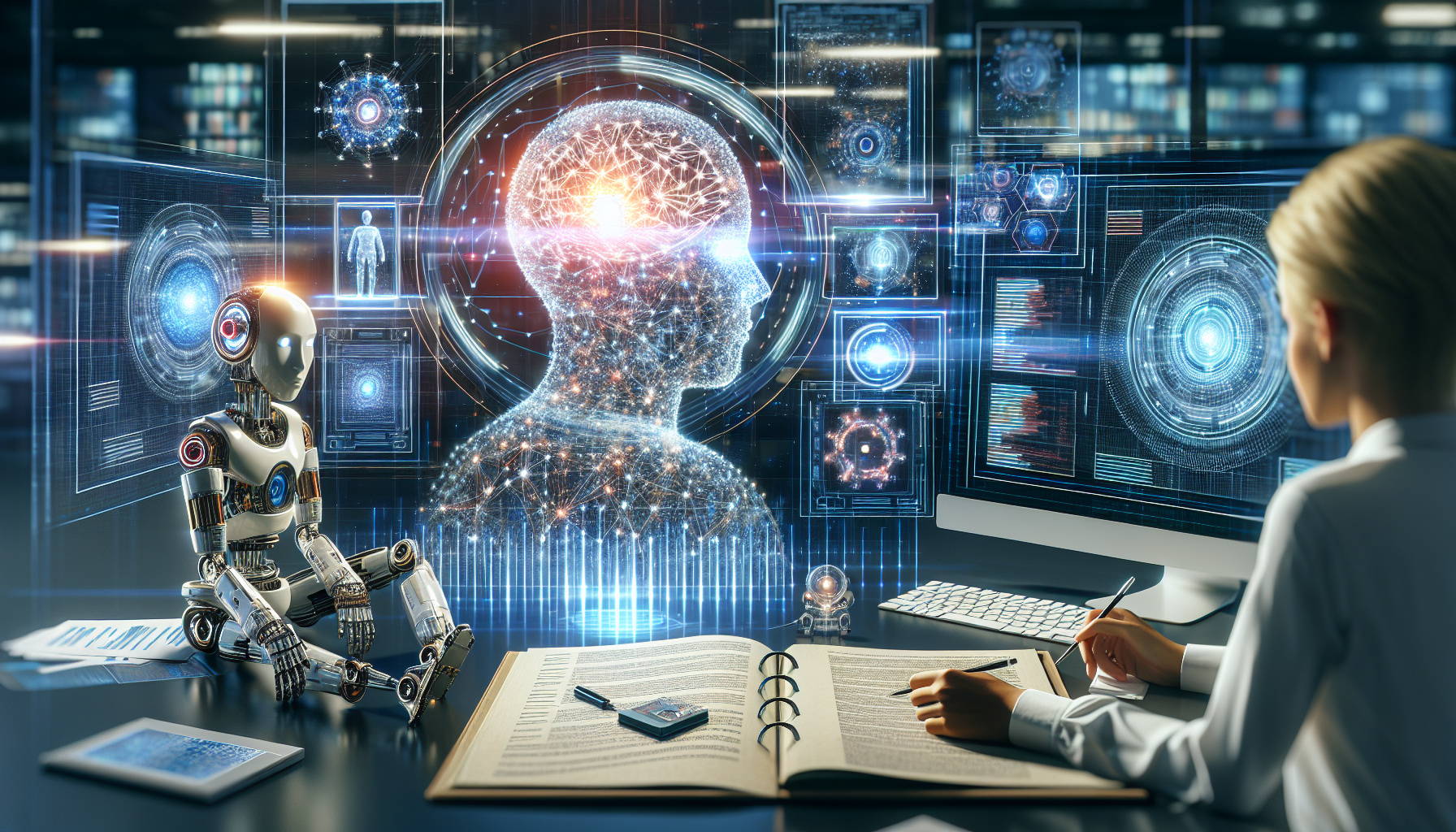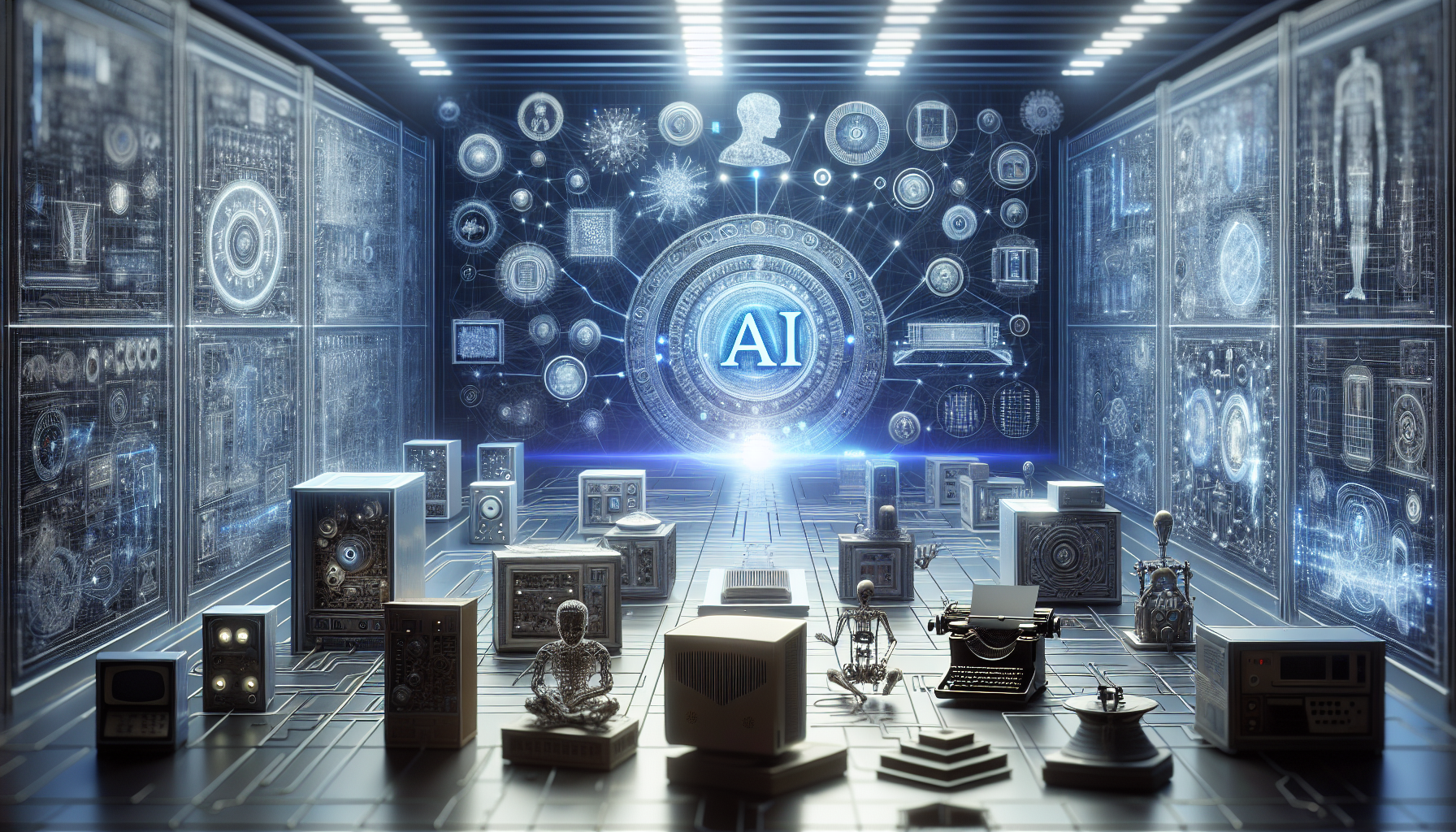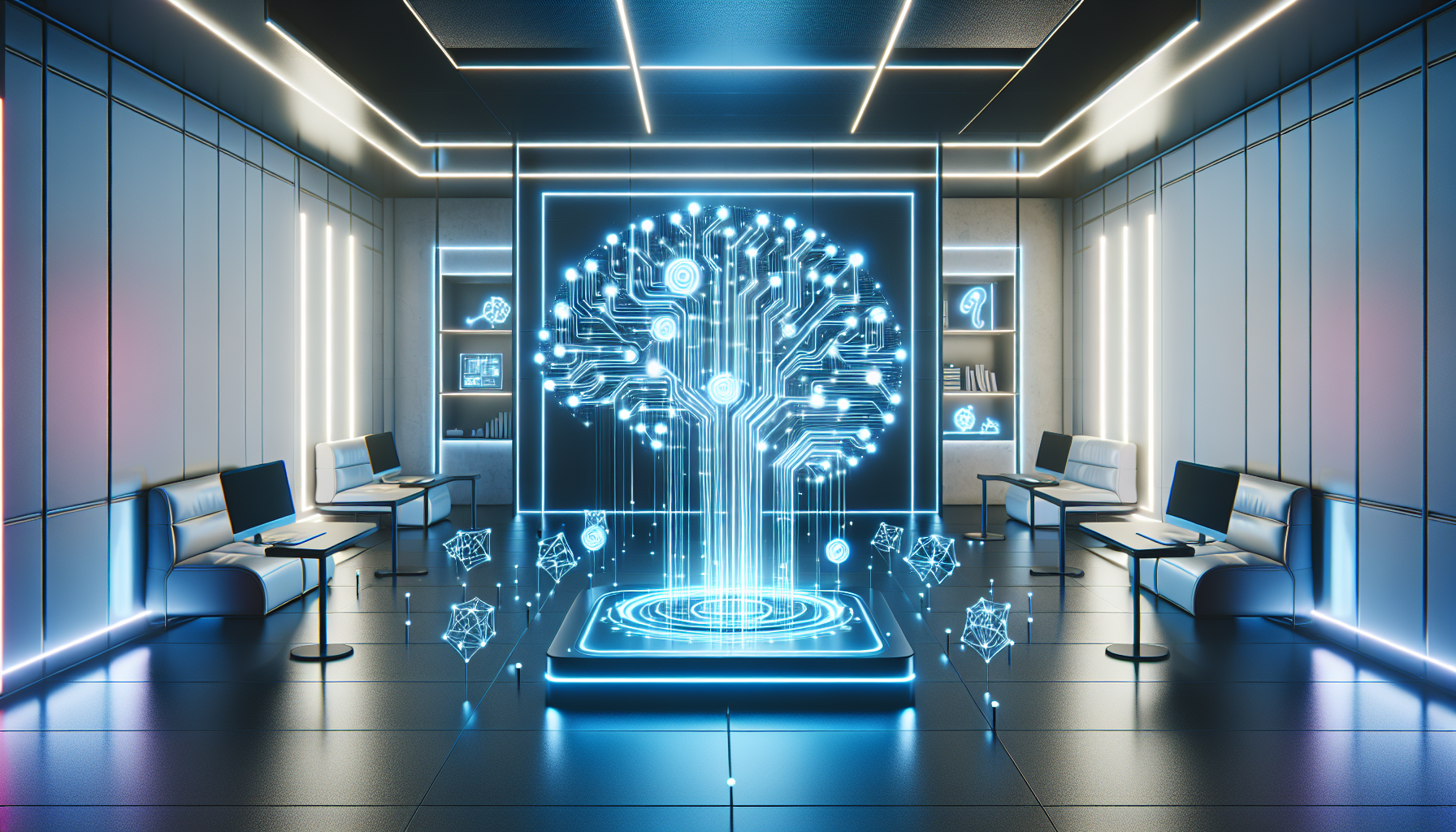
AI and Digital Marketing: Mastering Targeting and Personalization with Precision
July 26, 2025
Artificial intelligence is redefining digital marketing by offering unprecedented targeting and personalization strategies that businesses are increasingly adopting to enhance customer engagement and drive sales. Understanding how AI can revolutionize marketing efforts is essential for any company looking to stay ahead in a competitive landscape.
Consider the case of a mid-sized online retail company that recently integrated AI into its marketing strategy. Before the implementation, the company relied heavily on traditional methods of customer engagement, which often resulted in broad, generic campaigns that lacked the personalized touch consumers crave. The company's marketing team decided to explore AI-driven solutions to refine their approach and tailor their messaging to individual preferences.
The first step was leveraging AI algorithms to analyze vast amounts of customer data. This data included purchase history, browsing behavior, social media interactions, and even sentiment analysis derived from customer reviews. By processing this information, AI tools enabled the company to create detailed customer profiles, revealing insights that manual analysis could never achieve. With these insights, the company started crafting hyper-personalized marketing messages, resulting in a marked increase in customer interaction and retention.
One of the most impressive applications of AI in this case was its ability to predict customer needs before they were expressed. By employing machine learning models, the company could anticipate future purchases based on past behaviors and seasonal trends. This predictive capability allowed for proactive marketing strategies, such as timely email campaigns featuring products a customer was likely to need next, thus enhancing the customer experience and boosting sales.
Moreover, AI facilitated the segmentation of audiences with unparalleled precision. Instead of segmenting customers using broad demographic categories, the company could now engage with micro-segments defined by specific interests and behaviors. This approach not only improved the relevance of marketing messages but also optimized budget allocation by focusing resources on high-potential customer segments.
Another noteworthy impact of AI was in dynamic content creation. The company's marketing materials were no longer static but evolved in real-time based on customer interactions. For instance, the website's landing page content could be personalized for each visitor, displaying products and offers that matched their unique preferences. This dynamic content strategy significantly improved the user experience, making customers feel understood and valued, which in turn increased conversion rates.
The company also integrated AI-driven chatbots into their customer service framework, delivering personalized support that was available 24/7. These chatbots, powered by natural language processing, handled inquiries with remarkable efficiency, providing instant answers and recommendations tailored to individual customer needs. This not only enhanced customer satisfaction but also freed up human resources to focus on more complex issues, thus optimizing operational efficiency.
The successful implementation of AI in this company's marketing strategy is a testament to the transformative power of technology. However, it's crucial for businesses to approach AI integration thoughtfully. The key lies in choosing the right tools and ensuring that AI complements human creativity and intuition rather than replacing them. Collaboration between AI and human marketers can lead to innovative strategies that are both data-driven and emotionally intelligent.
Despite the remarkable advantages, the journey into AI-driven marketing is not without challenges. Concerns over data privacy and security must be addressed, as customers are increasingly aware of how their data is used. Building trust through transparency and ethical data practices is paramount, ensuring that personalization efforts do not come at the expense of customer privacy.
As AI continues to evolve, the potential for even more sophisticated marketing strategies is immense. Imagine a future where AI not only predicts what customers will buy but also suggests new products based on emerging trends, or where virtual reality experiences are tailored in real-time to individual preferences. The possibilities are limited only by our imagination and willingness to embrace technological change.
In the realm of digital marketing, AI offers a compelling blend of efficiency and personalization that can redefine customer relationships. As businesses navigate this dynamic landscape, the question arises: How will you harness the power of AI to not only meet but exceed customer expectations?


